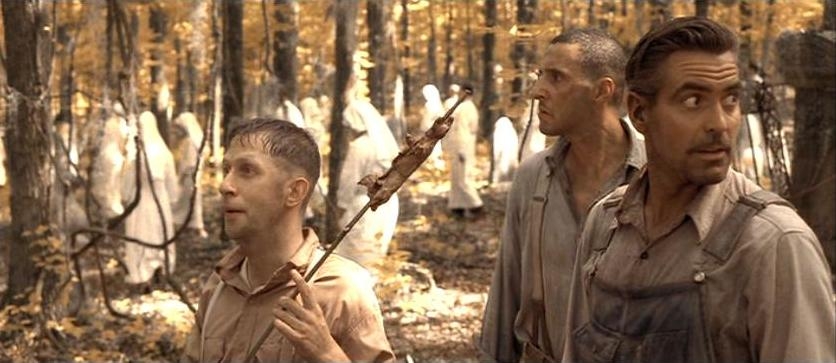

 |
 |
| Photo © 2000 Universal Pictures/Touchstone Pictures |
| Academy Award Nominations: | |
| Best Adapted Screenplay: Joel and Ethan Coen | |
| Best Cinematography: Roger Deakins | |
| Golden Globe Nominations and Winners: | |
| Best Picture (Musical/Comedy) | |
| ★ | Best Actor (Musical/Comedy): George Clooney |
| Permalink | Home | 2000 | ABC | Blog |